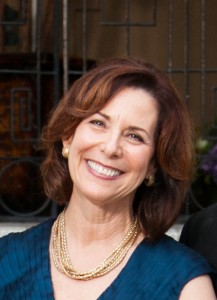A Quote by Leonardo da Vinci
Related Quotes
The Poor Man whom everyone speaks of, the Poor Man whom everyone pities, one of the repulsive Poor from whom charitable souls keep their distance, he has still said nothing. Or, rather, he has spoken through the voice of Victor Hugo, Zola, Richepin. At least, they said so. And these shameful impostures fed their authors. Cruel irony, the Poor Man tormented with hunger feeds those who plead his case.
Christianity set itself the goal of fulfilling man’s unattainable desires, but for that very reason ignored his attainable desires. By promising man eternal life, it deprived him of temporal life, by teaching him to trust in God’s help it took away his trust in his own powers; by giving him faith in a better life in heaven, it destroyed his faith in a better life on earth and his striving to attain such a life. Christianity gave man what his imagination desires, but for that very reason failed to give him what he really and truly desires.
The rich man, when contributing to a permanent plan for the education of the poor, ought to reflect that he is providing for that of his own descendants; and the poor man who concurs in a provision for those who are not poor that at no distant day it may be enjoyed by descendants from himself. It does not require a long life to witness these vicissitudes of fortune.
Man is full of desires: he loves only those who can satisfy them all. "This man is a good mathematician," someone will say. But I have no concern for mathematics; he would take me for a proposition. "That one is a good soldier." He would take me for a besieged town. I need, that is to say, a decent man who can accommodate himself to all my desires in a general sort of way.








































